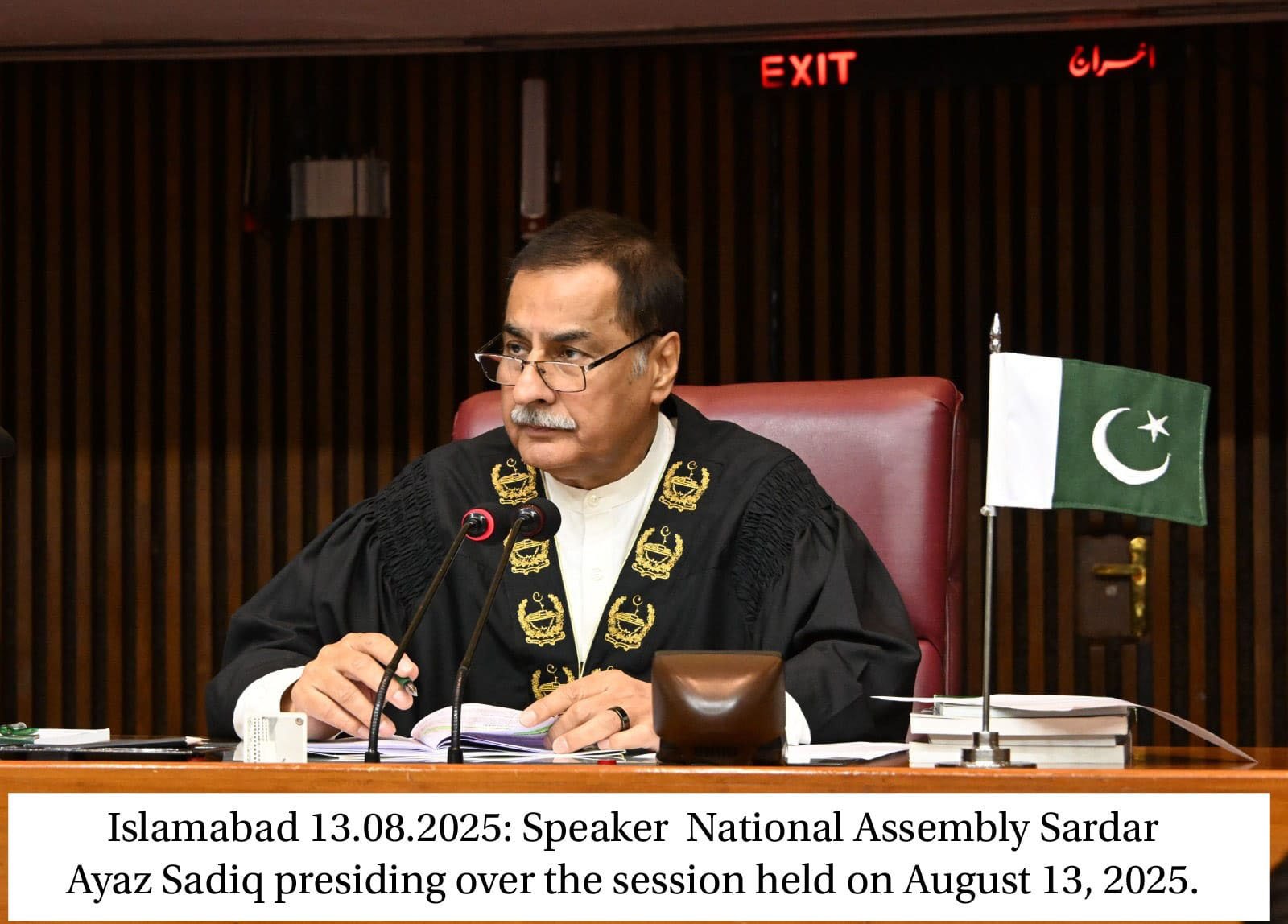Recent legislative developments have sparked debate in the political landscape as significant amendments to the Anti-Terrorism Act were approved, allowing extended detention periods and redefining standards of evidence. Under the new changes, the detention period for individuals suspected of involvement in terrorism-related crimes can now be extended by three months, as per Article 10. Investigations into such detentions will be handled by a joint investigation team composed of police officers of SP rank, members of intelligence agencies, civil armed forces, armed forces, and other law enforcement bodies.
Further amendments proposed by Pakistan Peoples Party (PPP) leader Naveed Qamar were also approved, specifically targeting the language of the law to increase its legal rigor. His amendment to sub-clause 2 of clause 114E removes terms such as “reasonable complaint,” “credible information,” and “reasonable suspicion,” replacing them with the requirement of “concrete evidence.” The revised text of the bill makes it explicit that no individual can be detained unless there is concrete evidence to support the action
This legislative shift has not been without opposition. Pakistan Tehreek-e-Insaf (PTI) member Alia Hamza criticized the speed at which the bill was being pushed through, questioning the urgency of passing such a serious piece of legislation, especially when it was only introduced on August 11. Her remarks reflect broader concerns over transparency and due process in the legislative process, with critics suggesting that the amendments could impact civil liberties if not carefully implemented and monitored.


